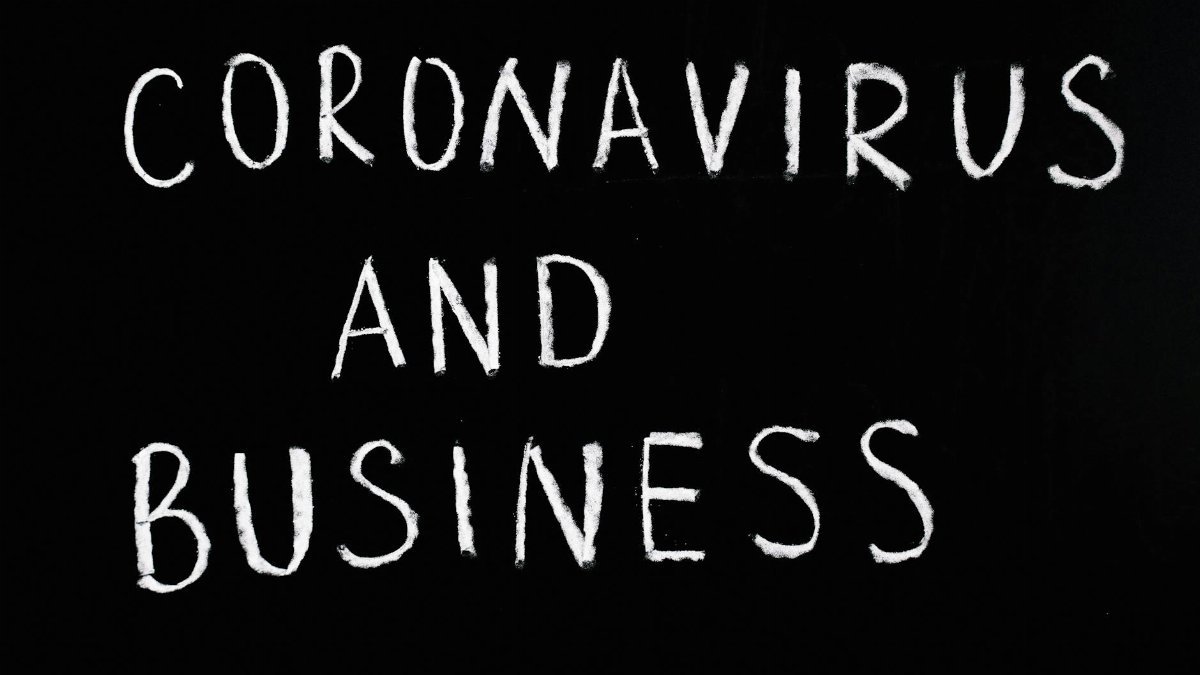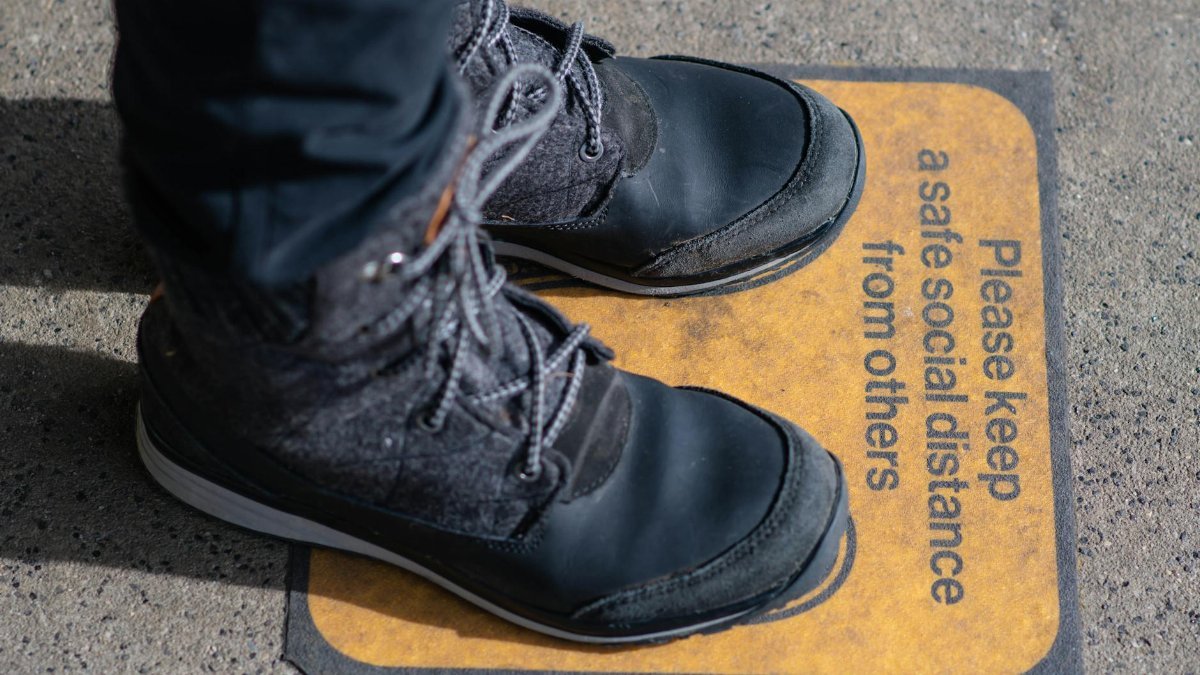Colorado psilocybin therapy is causing a major shift in mental health treatment options this year. As of January 2, 2025, the state’s Department of Revenue opened applications for licenses related to psilocybin use, a groundbreaking move following the passage of Proposition 122 in 2022. This initiative paves the way for regulated facilitator training, service centers, and testing facilities. With the first therapy sessions projected for late summer, Colorado is positioning itself at the forefront of psychedelic-assisted therapy in the U.S., drawing both support and caution from various groups.
A New Era of Psychedelic Therapy Begins

On January 2, 2025, Colorado took a significant step toward integrating psilocybin into therapeutic settings. The Department of Revenue began accepting applications for three key license types: facilitators who will guide individuals through psilocybin sessions, service centers where these sessions will take place, and testing facilities to ensure the safety and quality of the substances used. This framework stems from Proposition 122, a voter-approved measure in 2022 that decriminalized psilocybin and established a regulated system for its therapeutic use.
Timeline for Implementation

State officials are working diligently to roll out this pioneering program. While applications are now being accepted, the first psilocybin therapy sessions are not expected to begin until late summer 2025. This timeline allows for the processing of applications, training of facilitators, and establishment of operational guidelines to ensure safety and compliance. The delay reflects the state’s commitment to creating a robust and responsible system for Colorado psilocybin therapy, balancing innovation with public health concerns.
Economic Impact of Licensing

The introduction of psilocybin therapy is not just a health policy shift; it’s also a potential economic boon. State economists have projected that licensing fees for facilitators, service centers, and testing labs could generate up to $28 million annually. These funds will likely support regulatory oversight, training programs, and public education efforts surrounding psychedelic therapy. This financial forecast underscores the scale of interest in Colorado’s new industry and its potential to contribute significantly to the state’s economy.
Support from Veterans’ Groups

Among the strongest advocates for this initiative are veterans’ organizations, which have praised Colorado’s move to regulate psilocybin therapy. Many veterans struggle with post-traumatic stress disorder (PTSD) and other mental health challenges, and emerging research suggests psilocybin could offer relief where traditional treatments have fallen short. These groups see the licensing program as a vital step toward providing alternative therapies that could transform lives, particularly for those who have served in the military.
Medical Community’s Call for Caution

Not everyone is fully on board without reservations. The Colorado Medical Society has urged strict screening protocols, particularly concerning cardiac risks associated with psilocybin use. While acknowledging the potential benefits of psychedelic therapy, the organization emphasizes the need for thorough medical evaluations to protect vulnerable individuals. Their stance highlights a broader concern within the medical community about balancing the promise of psilocybin with the responsibility to minimize health risks during sessions.
Broader Context of Psychedelic Research

Colorado’s licensing program aligns with a growing national interest in psychedelic therapies. Research into psilocybin’s effects on conditions like depression, anxiety, and PTSD has gained momentum in recent years, with studies showing promising results. For instance, research supported by institutions like Johns Hopkins University has demonstrated psilocybin’s potential to create lasting positive changes in mental health when administered in controlled settings. More information on these findings can be found at Johns Hopkins Medicine.
Regulatory Challenges Ahead

Implementing a program of this nature is no small feat. Colorado must navigate complex regulatory challenges, from ensuring facilitator qualifications to setting standards for service centers. Testing facilities will also play a critical role in verifying the purity and dosage of psilocybin products. The state’s ability to address these issues will determine the success of Colorado psilocybin therapy and could serve as a model for other states considering similar measures.
Public Health and Safety Measures

Public health remains a top priority as Colorado rolls out its psilocybin program. Beyond cardiac risk screenings, the state is expected to develop comprehensive guidelines to prevent misuse and ensure that therapy sessions are conducted in safe, controlled environments. These measures aim to build public trust in the program while addressing concerns about the broader implications of legalizing psychedelic substances for therapeutic purposes.
National Implications of Colorado’s Move

Colorado’s licensing initiative does not exist in a vacuum. As one of the first states to regulate psilocybin therapy, its progress is being closely watched by policymakers and health advocates across the U.S. The outcomes of this program could influence federal attitudes toward psychedelics and inspire other states to follow suit. For broader context on psychedelic policy trends, resources are available at Pew Trusts.
Colorado’s journey into regulated psilocybin therapy marks a turning point in how mental health treatment is approached in the state. With applications now open and sessions on the horizon, the coming months will test the state’s ability to balance innovation with safety. As this program unfolds, it will likely shape the national conversation around psychedelic therapies for years to come.
